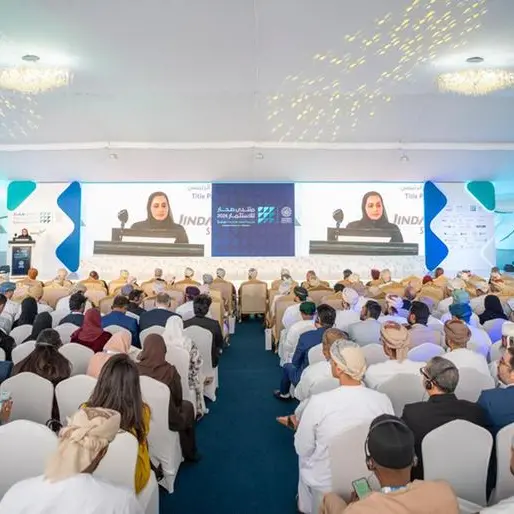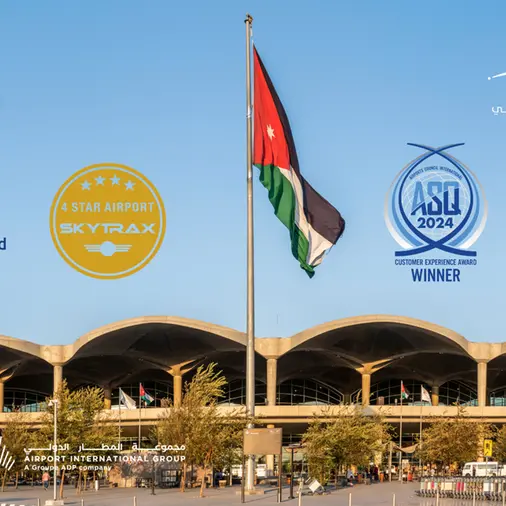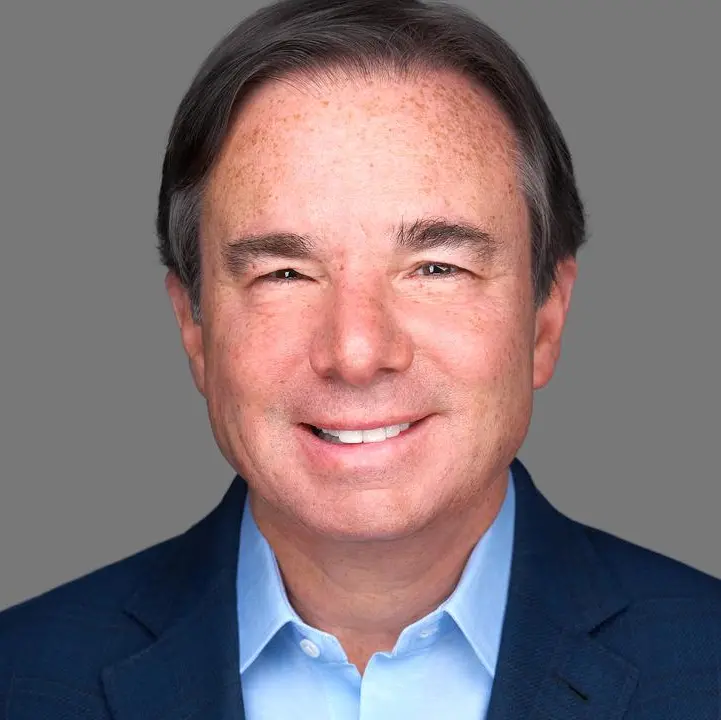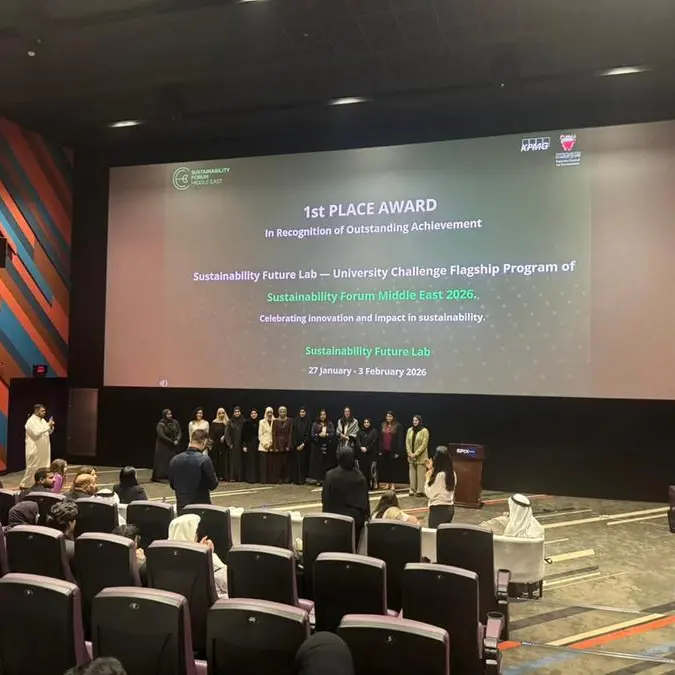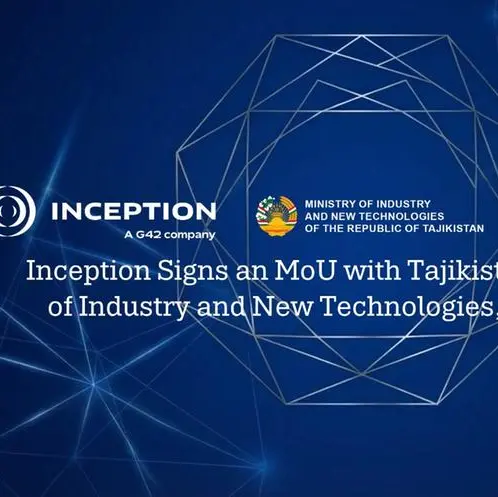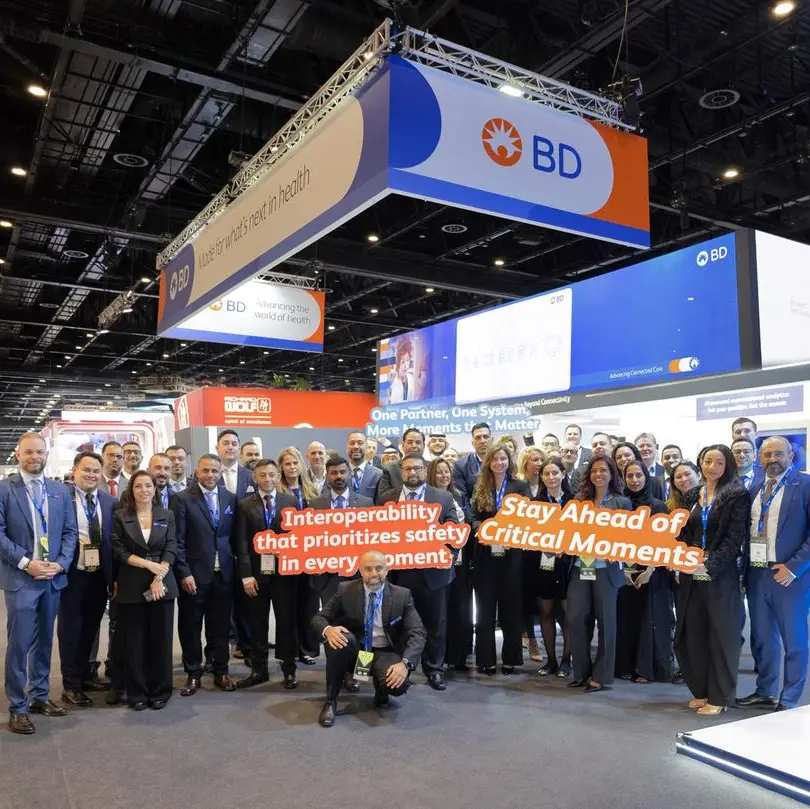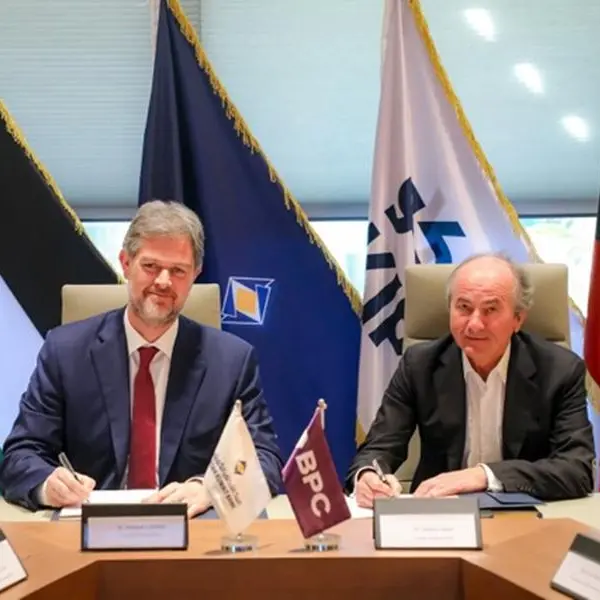Global Space and Satellite Forum Kicks off in Abu Dhabi following official launch of UAE Space Agency
Abu Dhabi - Commercialisation of space was a key area of focus at the 5th Global Space & Satellite Forum (GSSF), which began today in Abu Dhabi.Knowledge transfer, raising awareness and education on the space industry were also areas of discussion as industry leaders gathered in the UAE capital to debate the most pressing issues and trends of the sector.
The forum highlighted the importance of investment in space education, which will support the growth of the industry and national security. Various issues including space technology applications, low-cost satellite developments and the possibility of satellite system usageswere also addressed at GSSF, as well as the updates on space policy and regulation.
The forum comes during an important week for the space industry as Ariane Flight VA223 lifts off from the spaceport in French Guiana on 27 May. The Ariane 5 rocket will be the latest and biggest satellite for DirecTV, one of the largest US satellite TV groups.
Francois Auque, CEO, Airbus Defence and Space, George Whitesides, CEO, Virgin Galactic
Dr. Rolf Densing, Program Director-European Space Programmes, German Aerospace Center (DLR)and John Celli, President, SSL discussed funding of space projects and the commercialisation of space.
George Whitesides explained the fascinating changes in commercialisation of space. He highlighted Google's acquisition of skybox as a key moment for the space industry recently.The panel discussion showed that thanks to advances in technology, reduced costs and the interest of high-profile billionaires, the space industry is experiencing increased commercialisation.
The forum highlighted that one of the potential commercial uses for small satellites includes better observation of developments happening on earth as they occur. At present, commercially available images from space tend to be poor quality and out of date.
The industry is also increasingly focusing on miniaturisation, such as small "cubesats". These have a wide range of applications, from low-gravity experiments to improved weather forecasting.
Euroconsult forecasts some 510 small satellites will be launched around the world in the next five years, a more than 60 per cent increase on the number of launches over the whole of the past decade.
Dr. Rolf Densing, Program Director (European Space Programmes), German Aerospace Center (DLR), Germany commented: "Some private companies are spending enormous amounts on space. Space agencies may have to rethink their own role. Agencies should take space as a means to serve society. Space Agency's should be in charge of organising boundary conditions and should refrain from micromanaging private entities.
"We have to turn over more responsibility to industry. We have to hold them responsible for products and industry must stay competitive."
Dr. Mohammed Al Ahbabi, Director General of UAE Space Agency commented: "One of the most exciting parts of our industry is the ideas, initially designed for use in space, that have prompted another technology revolution right here on the ground. Inventions such as the global positioning system (GPS), the cell phone, and new more powerful radios all utilize satellites to function. These and many other essential items would be almost unthinkable today without research provided by satellite technology.
"Many of technologies that are now part of everyday life were originally developed for space programs. We have space research to thank for modern bio-medical techniques, imaging technology, digital systems, robotics, information and communication technology, meteorological applications, environmental monitoring, remote sensing imagery, and more. There are, without exaggeration, hundreds of such spinoff applications of space projects. We look forward to the contributions of Emirati scientists will make to modern technology."
Dr Mylswamy Annadurai, Director, ISRO Satellite Centre said:
"The presentation focuses on the different facets of the Indian Space Programme and its achievements, benefits to the society with special emphasis on the success story of Indian Mars Orbiter Mission. Various technical and managerial challenges faced during the realization ofcritical systems for Mars Orbiter Mission and Innovative solutions to overcome these challenges, detailed mission planning are dealt with. ISRO's International Cooperation in various domains is also touched upon."
David Hartshorn, Secretary of GVF, the global association of the satellite industry commented:
"This region is at a historical turning point. The launch of new Arab satellite constellations and, as announced in Abu Dhabi this week, a U.A.E. Space Agency -- are an important new chapter that calls for collaboration of government, industry, and the user communities that depend on the success of this noble enterprise. The dialogue that is central to that collaboration will be carried forward during the Global Space & Satellite Forum."
Dr. Rolf Densing also commented: "This opportunity provided by the GSSF to present the highlights of the German Space Program and competences of German Space Industry to the leaders of the Space World is highly appreciated"
GSSF also announced that it will resume as an annual space event, a congress that brings together the world's top space leaders in the UAE. It will enhance Abu Dhabi's position as a regional space hub. The GSSF will have a new name -- the Global Space Congress.
Biju Saith, Project Director, Streamline Marketing Group, said "Our goals will remain to inspire and educate a new generation of space professionals and to give them cutting edge knowledge on space research and commercial space applications. The Global Space Congress will truly be bigger and better."
The forum, organised by Streamline Marketing Group (SMG), is officially endorsed and hosted by the UAE Space Agency.
-Ends-
About the UAE Space Agency
The United Arab Emirates (UAE) has embarked on an historic initiative via setting up a Space Agency that will join others in promoting space exploration and contributing to the global scientific space community.
The UAE Space Agency has developed a strategic framework to guide the Agency in executing its mandates dictated by the Decree that was established in July 2014. These areas include developing the space sector, creating space policy and regulation, supporting the development of a generation of engineers and scientists and directing national space programs that will have direct benefits to the UAE's economy and developing human capital.
About GSSF
The Global Space and Satellite Forum provides an invaluable opportunity for international experts to meet with regional leaders and discuss satellite projects underway across the Middle East, Africa & South Asia region.
Now in its 5th successful year, GSSF 2015 will also host top ranking officials from over 30 regional national space projects and research centres and feature parallel conferences, numerous technical seminars, product showcase area and a number of networking events throughout the event.
Senior representatives from NASA, ESA, Chinese National Space Agency, and Roskosmos have addressed the summit in the past. The event is held in partnership with many regional and international organisations.
© Press Release 2015
